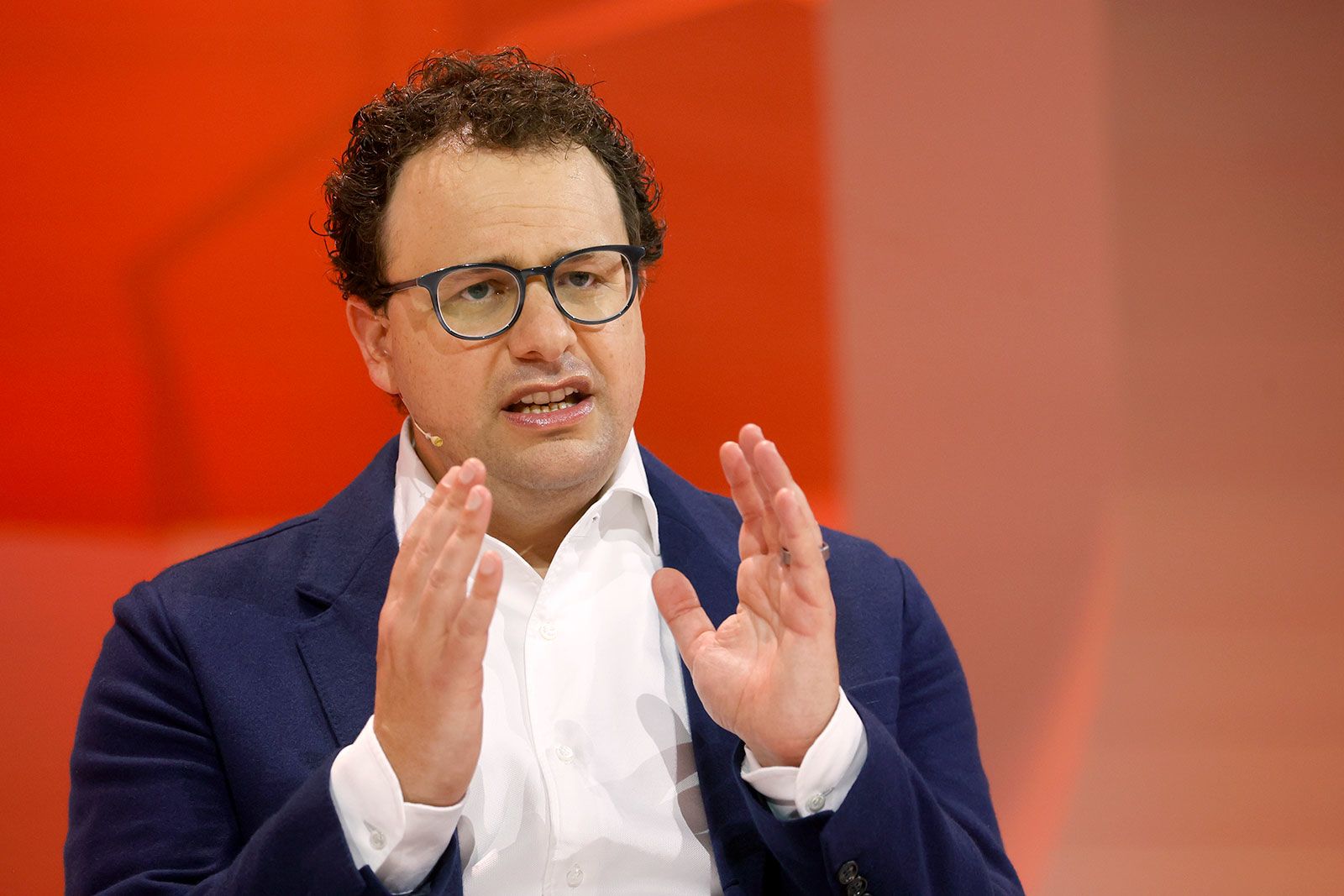Story by Ameh Ambrose Ejeh
In a world captivated by the promises of artificial intelligence, Dario Amodei, CEO of leading AI company Anthropic, is urging society to prepare for a much more sobering reality: mass unemployment, social instability, and deep economic disruption—unless proactive measures are taken.
In a recent interview, Amodei predicted that rapid advances in AI could wipe out up to 50% of entry-level white-collar jobs, pushing unemployment rates as high as 10% to 20% within the next one to five years.
YOU CAN ALSO READ: From Afrobeat to Advocacy: Gates Foundation Selects DJ Cuppy as 2025 Goalkeeper
“I really worry, particularly at the entry level,” Amodei said. “AI models are increasingly capable of doing what many entry-level workers are hired to do. People will adapt, but they may not adapt fast enough. That’s what concerns me most.”
While many tech leaders, including OpenAI CEO Sam Altman and Tesla’s Elon Musk, have acknowledged the disruptive power of AI, their narratives often skew toward long-term optimism—emphasizing breakthroughs in medicine, smarter technologies, and global progress.
Amodei, a former executive at OpenAI himself, is cutting through the cheerleading with a grounded reality check.
“The benefits are real, but we must also talk about the risks,” he said. “Not enough people are saying this out loud.”
Amodei is not advocating for halting AI development. In fact, he warns that slowing progress in the U.S. could backfire geopolitically.
“There are only a handful of companies in the U.S. building this technology. If we stop, others including adversarial nations like China will continue. That could make things worse.”
Instead, he is calling for urgent awareness, responsible regulation, and equitable economic strategies to ensure the AI revolution doesn’t leave millions behind.
His concern is rooted in more than economics. It’s about the fragility of democracy and the social contract.
“If ordinary people lose their economic leverage,” he warned, “then the foundations of democracy and the social contract start to crack. We must ensure that everyone has a path to contribute meaningfully to society.”
So what can be done?
Amodei encourages individuals to actively learn about AI technologies and how to use them.
“If you’re not blindsided, you have a much better chance of adapting,” he said.
For governments and lawmakers, his message is even more pointed:
“Be aware. Take these issues seriously. We may need to explore radical ideas like taxing AI companies if the wealth they create isn’t broadly shared. This is about preserving a functioning society, not ideology.”
YOU CAN ALSO READ: “You’re Still Singing in the Shower”: Saudat Salami’s Tough Love for Founders
Amodei’s urgency stands out in an industry known for its techno-utopian rhetoric. While others talk about moonshots and marvels, he is focused on the human cost of transition—especially for younger workers just entering the job market.
His vision of the future is not dystopian—but conditional.
Yes, he believes AI can help cure diseases like cancer. Yes, he sees it driving unprecedented economic growth. But only if society acts now to mitigate the dangers.
“AI could be the most powerful tool humans have ever made,” Amodei said. “But if we’re not ready, it could cause a lot of harm.”










